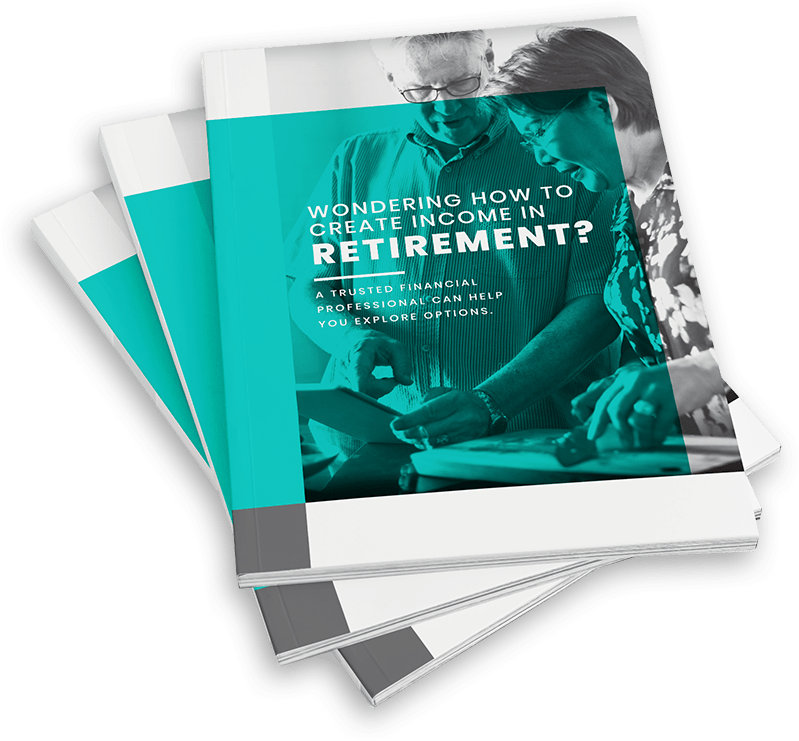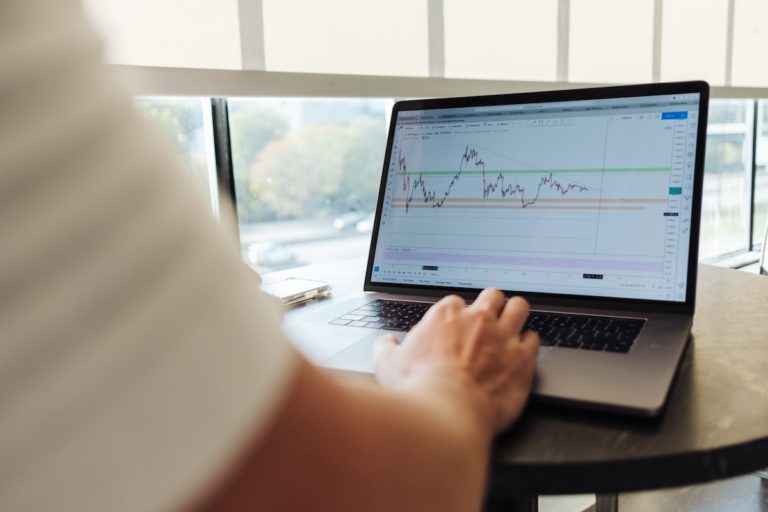Posts Tagged ‘money goals’
The Pillars of Retirement Planning
More than three-quarters of American workers are living paycheck to paycheck – 78 percent, in fact. They’re covering their monthly expenses, but they lack an emergency fund and aren’t able to save for the long-term either. It’s a precarious way to live, with one unexpected expense having the power to create a financial tailspin. Unfortunately, this isn’t just a concern for workers.
Although the phrase “paycheck to paycheck” tends to refer to working families, retirees can end up in the same risky position. Maybe you’ve planned ahead well enough to know that your retirement income streams will cover your basic expenses, but are you prepared for a rainy day? For a fulfilling and stress-free retirement, you also want to be able to handle emergency expenses and ensure you’re growing your money for the future.
Read MoreCoronavirus: What the Viral Epidemic Means for Investors
Volatile Markets and the Ongoing Spread of the Virus are Causing Economic Uncertainty
Last week saw the worst week on Wall Street since 2008, as the Dow fell into correction likely due to the outbreak and spread of COVID-19, commonly called novel coronavirus. A market correction is a nerve-wracking event for investors, but the current uneasiness in the markets is no cause for panic.
Market Impact
While the spread of COVID-19 is atypical, a market correction is not. In fact, it’s an entirely normal process, and not altogether unexpected after experiencing the longest-running bull market on record. There have been 22 market corrections since 1974, and they are aptly named because the market usually “corrects” itself and returns prices to their longer-term trends. While the coronavirus is likely to cause economic impact into at least the second quarter of 2020, historically, Wall Street’s reaction to these types of epidemics has been short-lived, including in the recent past.
Read More


